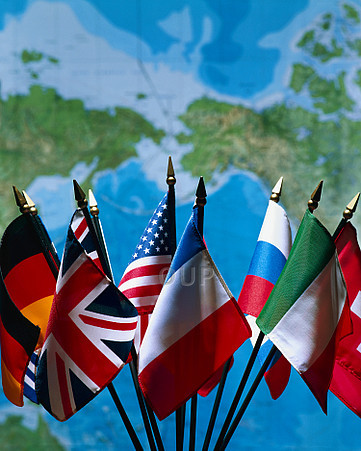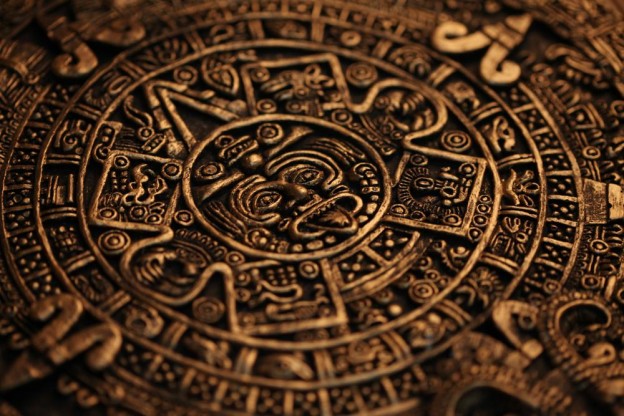 Judith Willis, former Publishing Manager for bilingual dictionaries in ELT at Oxford University Press, looks at some of the World events that prompted the most searched-for words on OALD8.com in 2012.
Judith Willis, former Publishing Manager for bilingual dictionaries in ELT at Oxford University Press, looks at some of the World events that prompted the most searched-for words on OALD8.com in 2012.
2012 was quite a year – the Olympics and the Jubilee in the UK, freak weather and political turmoil almost everywhere, not to mention the predicted end of the world.
But what impact did these things have on the ELT community? One way of gaining an insight into what was on the minds of learners and teachers of English around the world is by analysing which words were most frequently looked up each month on the Oxford Advanced Learner’s Dictionary website.
Unsurprisingly, the usual round of seasonal festivals accounts for many items on the list, with Pancake Day and Mardi Gras in February, bonfires and Memorial Day in November and bauble, poinsettia and the rest of the festive lexicon in December. But there are numerous other words more specific to local and world events. So what were some of the events that caught our interest in 2012?
In January came news that UK university applications had fallen as tuition fees rose, and many people turned to the dictionary to check what this term meant. January and February also saw a surge of interest in astronomy with dwarf planet and plutoid zooming into view. Back on our own planet, President Obama went to Korea in March and visited the demilitarized zone, with the result that demilitarize was one of the month’s favourites.

In April a few hundred of you were interested in debunking – maybe fans of the economist Steve Keen, whose book Debunking Economics seeks to expose the failings of economic theory. Possible evidence of this failure is the on-going financial crisis in the Eurozone, which led to talk in May of Greece ditching the euro and bringing back the drachma. The summer of sport took off with the Tour de France and the peloton was on everyone’s lips and keyboards in both June and July. Sadly, when the sun comes out, so too do the litter louts, who made it into the news and dictionary statistics in June.
Further summery activities in July led word-watchers to turn to the website when they heard of people tiptoeing through the tide pools and throwing summer cookouts; both American English terms. A chilling contrast to this summer fun came with the Aurora shooting in Colorado, where the suspect had planted sophisticated booby traps in his apartment. Back to sport, and July and August saw the London Olympics generate a spike in sports-related searches, including heptathlon, velodrome and tae kwon do. The Olympic and Paralympic games were followed in September by a return to political fun and games in London with the former Chief Whip arguing with the police: the word pleb may or may not have been traded as an insult but, along with the related form plebs, it was the subject of many perfectly polite dictionary queries.

In the US the presidential campaign meant that political terminology was the order of the day with swing state and electoral college in October and November. And not for the first time, an extramarital affair led to the resignation of a major public figure, in this case the head of the CIA. The December statistics are overflowing with Christmas-related terminology but that non-event supposedly foretold by the Mayans inspired numerous people to look up apocalypse and doomsday.
Luckily, rather than the end of the world, the month of December merely signalled another end to a year. So who knows what the top words of 2013 will be? Surely, that’s something else it would be foolish to try to predict…
Judith Willis worked as Publishing Manager for bilingual dictionaries in the ELT dictionaries department at Oxford University Press before retiring in 2008. Before this she was a language teacher and translator from Spanish and Catalan into English.


[…] University Press’s ELT department have been keeping an eye out on word trends that have been searched for over the last year as a result of world events via their onIine […]
[…] Judith Willis, former Publishing Manager for bilingual dictionaries in ELT at Oxford University Press, looks at some of the World events that prompted the most searched-for words on OALD8.com in 2012. […]
[…] Judith Willis, former Publishing Manager for bilingual dictionaries in ELT at Oxford University Press, looks at some of the World events that prompted the most searched-for words on OALD8.com in 2012. […]